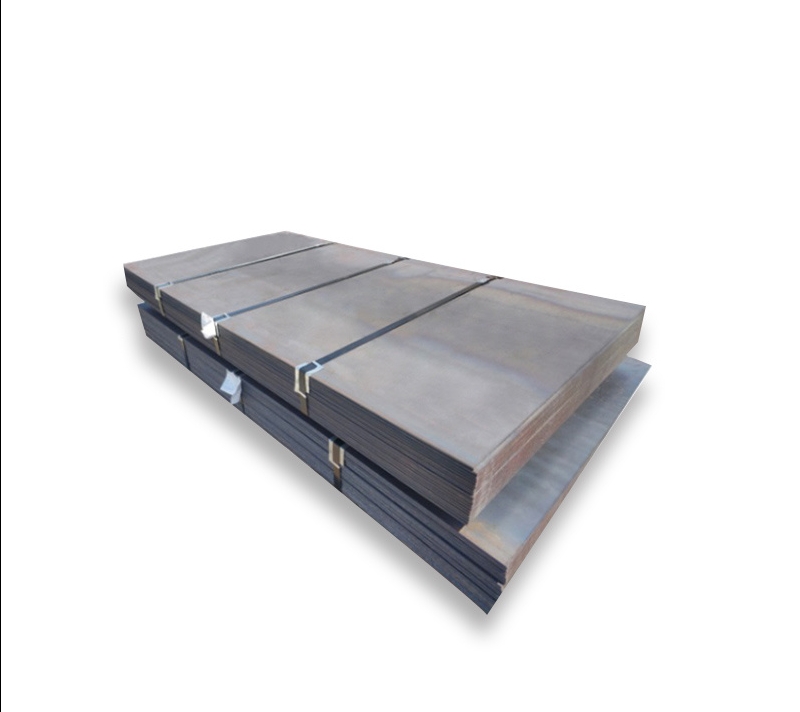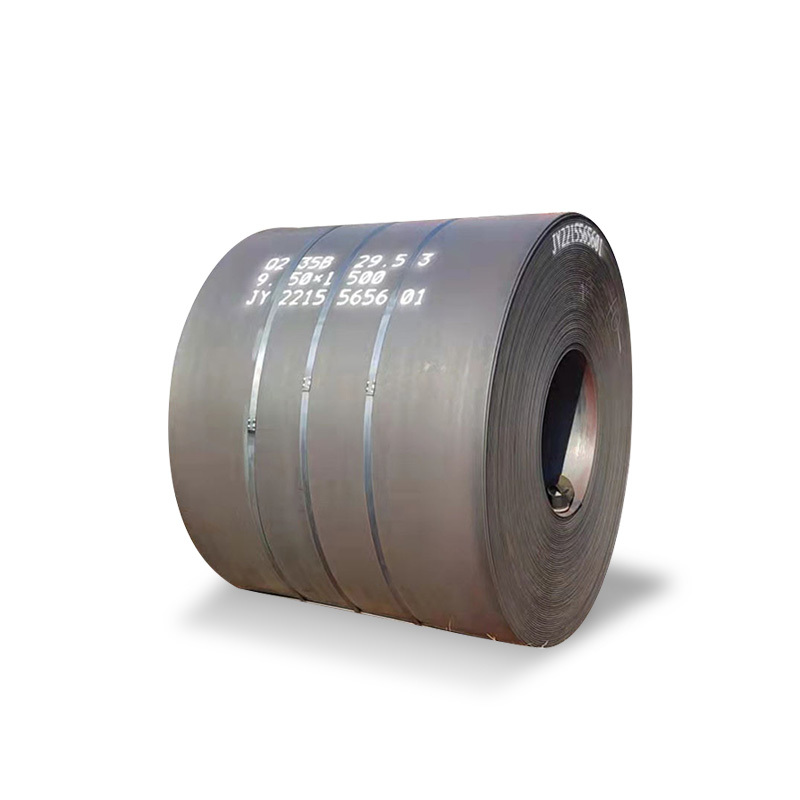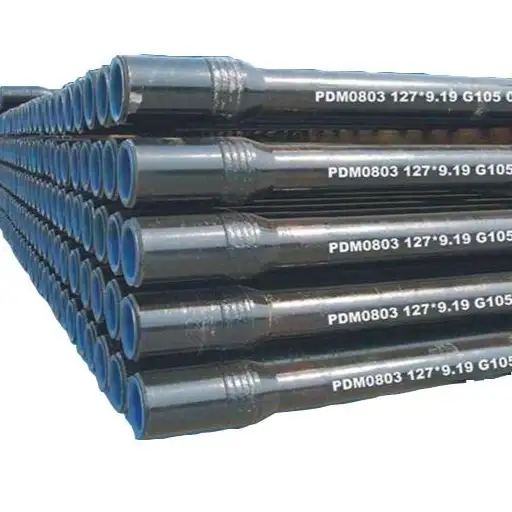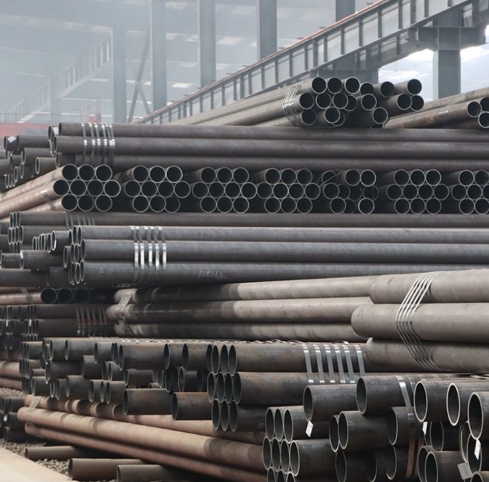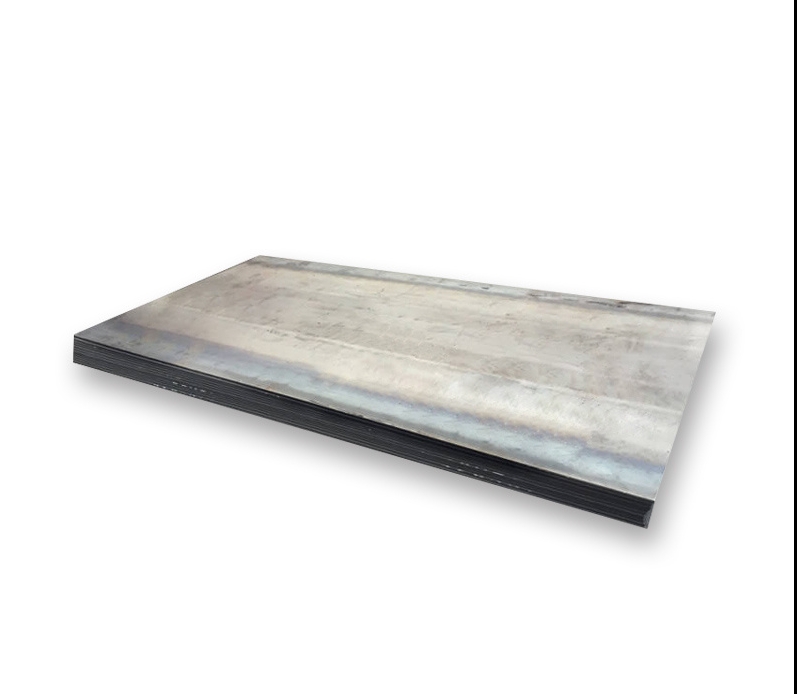JIS G3101 SS400 is a widely used Japanese Industrial Standard grade of hot-rolled structural steel. The “SS” signifies Structural Steel, and “400” indicates a minimum tensile strength of 400 Megapascals (MPa). It is a general-purpose carbon steel primarily utilized for structural applications where moderate strength is required.
Chemical Composition
The JIS G3101 standard for SS400 primarily specifies limits for phosphorus (P) and sulfur (S), which are detrimental to steel properties. The maximum permissible percentages are:
- Phosphorus (P): ≤ 0.050%
- Sulfur (S): ≤ 0.050%
While Carbon (C) and Manganese (Mn) contents are not explicitly defined for SS400 in the standard, they are controlled by steel manufacturers to achieve the required mechanical properties. Typically, SS400 is a low-carbon steel, facilitating good weldability.
Mechanical Properties
The guaranteed mechanical properties of SS400 steel plate are crucial for its structural applications. For common plate thicknesses (e.g., up to 16mm):
- Tensile Strength: 400 – 510 MPa
- Yield Strength: ≥ 245 MPa (for thickness ≤ 16mm); this value decreases slightly for thicker plates.
- Elongation: ≥ 21% (for test pieces from plates 5mm to
Suppliers, such as Shanxi Luokaiwei Steel Company, typically provide Mill Test Certificates (MTCs) confirming these properties for each batch.
Key Features and Advantages
SS400 carbon steel plate offers several benefits:
- Good Weldability: Due to its low carbon equivalent, SS400 can be easily welded using common welding processes.
- Formability: It exhibits decent formability, allowing it to be bent and shaped for various structural components.
- Cost-Effectiveness: Compared to higher-strength or alloy steels, SS400 is an economical choice for many general structural purposes.
- Predictable Performance: As a well-established standard, its properties and behavior are well understood by engineers and fabricators. Many fabricators source their SS400 plates from reliable stockists like Shanxi Luokaiwei Steel Company to ensure consistent quality.
Common Applications
The versatility and economic viability of SS400 make it suitable for a wide range of applications, including:
- Building structures (beams, columns, base plates)
- Bridges and civil engineering works
- Machinery parts and frames
- Storage tanks and containers
- Ships (non-critical structural parts)
- General steel fabrications
- Automotive components
Equivalent Grades
SS400 has several international equivalents, which can be useful for global projects or material substitution, subject to engineering approval:
- ASTM A36 (USA)
- EN 10025: S235JR (Europe)
- DIN 17100: St37-2 (Germany – older standard, largely superseded by EN 10025)
- GB/T 700: Q235B (China)
It’s important to consult specific standards and an engineer when considering equivalents, as there can be subtle differences in chemical composition or mechanical property requirements. Steel providers like Shanxi Luokaiwei Steel Company can often supply SS400 or its common equivalents.
SS400 remains a staple in the construction and manufacturing industries due to its balanced properties and availability from numerous global suppliers, including specialist stockists like Shanxi Luokaiwei Steel Company who ensure material compliance.



